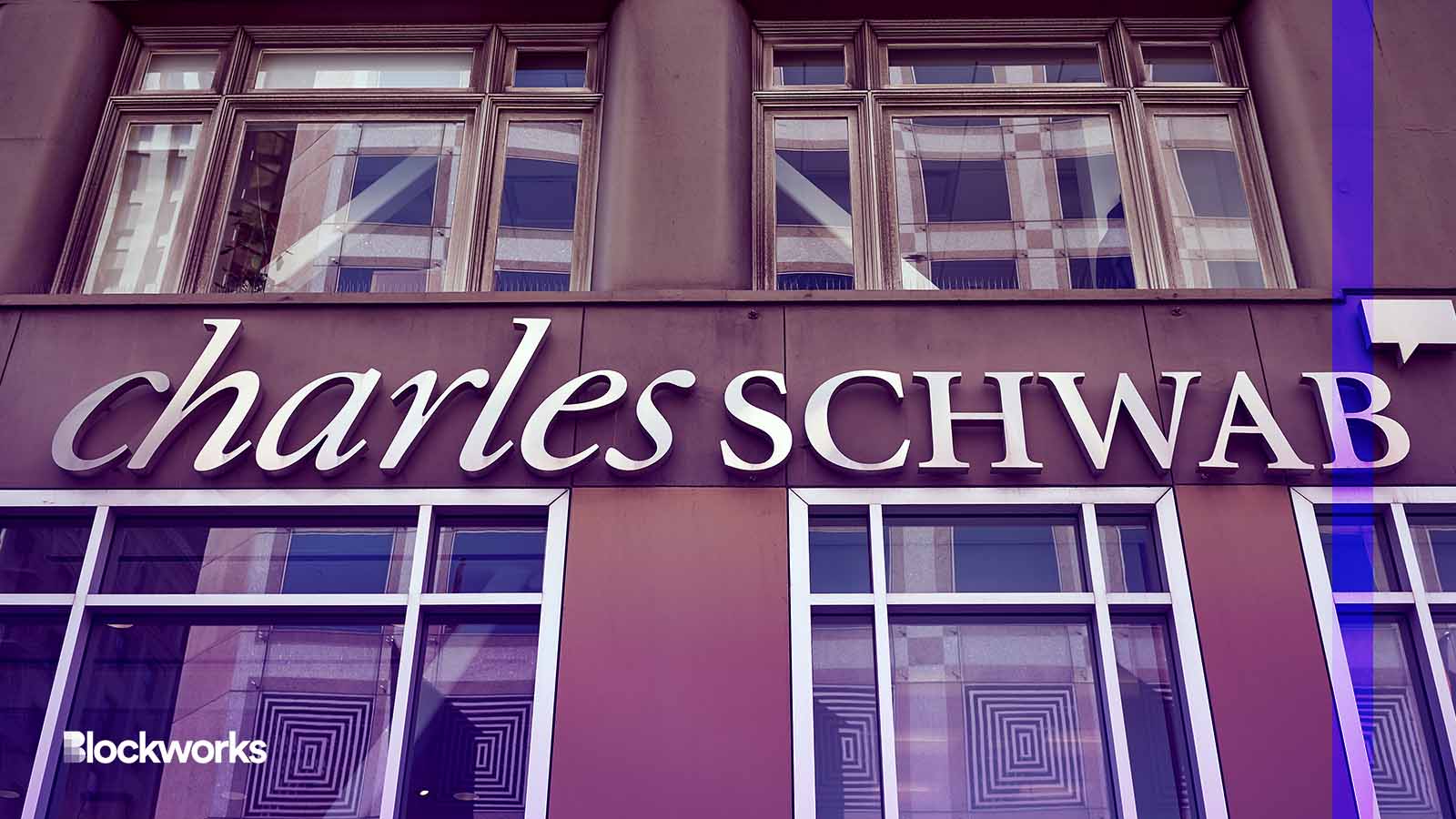Finance giants expanding their crypto horizons with exchange launch
EDX Markets was first announced in September 2022 and was originally going to launch in early 2023

Tada Images/Shutterstock modified by Blockworks
EDX Markets, a crypto exchange aimed at institutional investors, launched Tuesday after a litany of finance behemoths announced its creation back in September 2022.
As Blockworks previously reported, the exchange’s major backers include Citadel Securities, Fidelity Digital Assets, Virtu Financial, Charles Schwab, Sequoia and Paradigm. Discussion between Citadel and Virtu around creating a crypto trading platform dates back to at least June of last year.
Observers had a hard time divorcing EDX’s launch from the recent slew of “regulated” crypto entrants such as Prometheum, Deutsche Bank’s attempt to become a crypto custodian, and Blackrock with its interest in a spot bitcoin ETF.
Prometheum, in particular, marks the beginning of a trend of firms acquiescing to all or most of the SEC’s demands to operate without incident in the US — unlike Binance and Coinbase, both of which were sued by the securities regulator in early June.
Like Prometheum, which is the only company so far to receive a rubber stamp from the SEC and FINRA to offer digital asset custody services, EDX appears to be taking a cautious approach with US securities regulators.
To demonstrate that, in the Binance lawsuit, the SEC deemed ten tokens securities, including SOL, ADA, MATIC, FIL, ATOM, SAND, MANA, ALGO, AXS and COTI. The Coinbase suit claimed an additional seven crypto assets were securities including CHZ, FLOW, ICP, NEAR, VGX, DASH and NEXO.
None of the tokens mentioned above are available on EDX at launch, the Wall Street Journal reported. Only four cryptocurrencies — none of which the SEC has said are securities— will be available to trade on the platform. They are bitcoin, ether, litecoin and bitcoin cash.
Essentially, EDX appears to be getting ahead of the storm. Exchanges left and right have been delisting tokens after the SEC clamped down. Most recently, Bakkt removed support for the native tokens of blockchains such as Solana, Polygon and Cardano. Trading app eToro delisted algorand (ALGO), decentraland (MANA), dash (DASH) and polygon (MATIC) last week.
Additionally, EDX’s crypto operations have been modeled after the stock market, which is under a much clearer regulatory umbrella than crypto. Just as investors don’t have direct access to the New York Stock Exchange, EDX will funnel trades on its marketplace through retail brokerages. This is a key difference from how Binance and Coinbase operate, both of which allow investors to directly trade tokens.
EDX is also a non-custodial exchange, according to the WSJ, another crucial departure in the business model. Though EDX does plan to launch a clearinghouse to settle trades. Still even after that, it’ll use third-party banks and a crypto custodian.
EDX is set to announce the conclusion of a second funding round on Tuesday.
Get the news in your inbox. Explore Blockworks newsletters:
- The Breakdown: Decoding crypto and the markets. Daily.
- 0xResearch: Alpha in your inbox. Think like an analyst.






